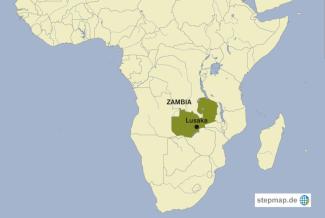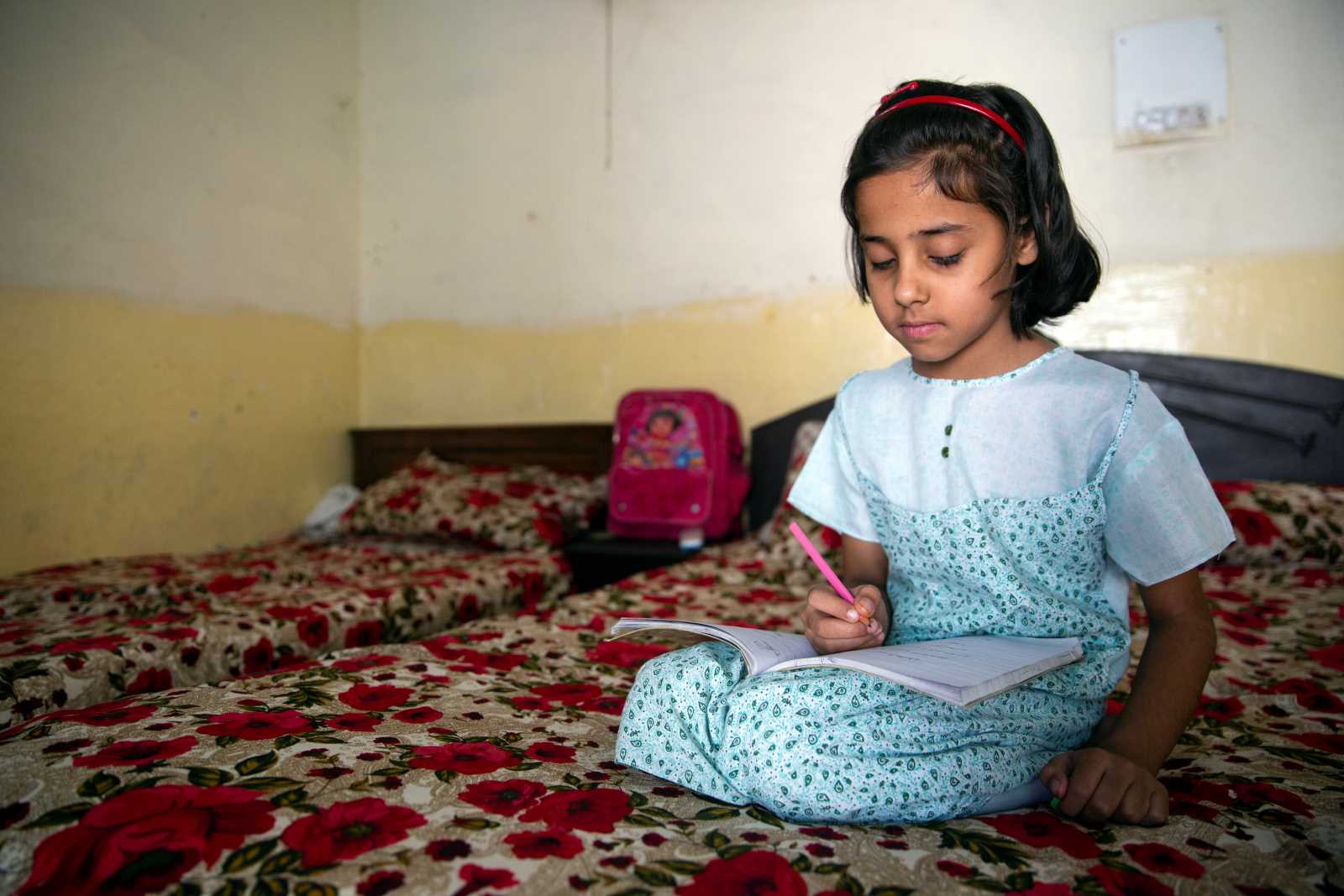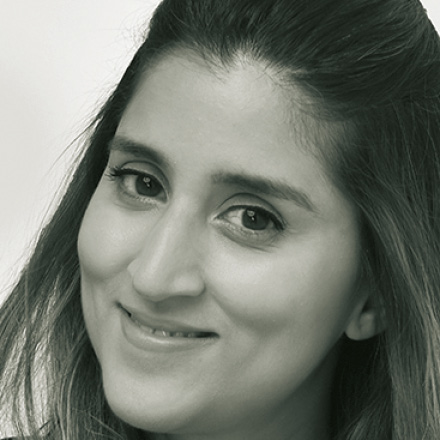Cyber security
A tax on every call

At present, people in Zambia can make online calls free of charge. Research has shown that 80 % of Zambians use the internet for telephone calls on WhatsApp, Skype and Viber. But this may change now: President Edgar Lungu’s cabinet has proposed a daily levy of 30 Ngwee ($ 0.10) on internet phone calls.
“The government has noted an increase in the use of internet calls at the expense of traditional calls,” declares a statement issued by the cabinet, arguing that such calls are “threatening jobs in the telecommunications sector”. The statement refers to the state-run Zambia Telecommunications Company as well as the private-sector companies Airtel and MTN.
However, civil-society organisations raise objections to the new tariff that the government intends to impose. The Zambia chapter of the Media Institute of Southern Africa (MISA) and Bloggers of Zambia are among them. In a joint statement, they have pointed out their concern: “It is a major threat to freedom of expression, access to information, media rights and freedom of assembly online, an affront to the enjoyment of digital rights.”
They insist that Zambians have resorted to internet calls because of poor service delivery by some telecommunications companies. “Recently, the Zambia Information and Communications Technology (ZICTA) fined Zambia’s three mobile phone companies for offering poor services,” say MISA Zambia and Bloggers Zambia.
In addition, the two institutions have launched an online campaign. They want “bloggers, journalists and activists to join our clarion call for a free, open and safe internet ecosystem for all, including women and girls”. They are using the hashtag #OpenSpaceZM on Facebook and Twitter.
Jerry Chumbwe, who lives in the Central Province, considers the new tariff on internet an example of double taxation. The reason is that the costs of internet access include the sales tax. “With another tax on the internet calls, this will be double taxation,” Chumbwe complains.
Humphrey Nkonde is a journalist and media researcher based in Ndola, Zambia.
humphrey_nkonde@ymail.com
LINKS
Media Institute of Southern Africa, Zambia chapter:
http://zambia.misa.org/
Bloggers of Zambia:
https://www.facebook.com/pg/zambloggers/posts/
#OpenSpaceZM:
https://twitter.com/zambloggers










